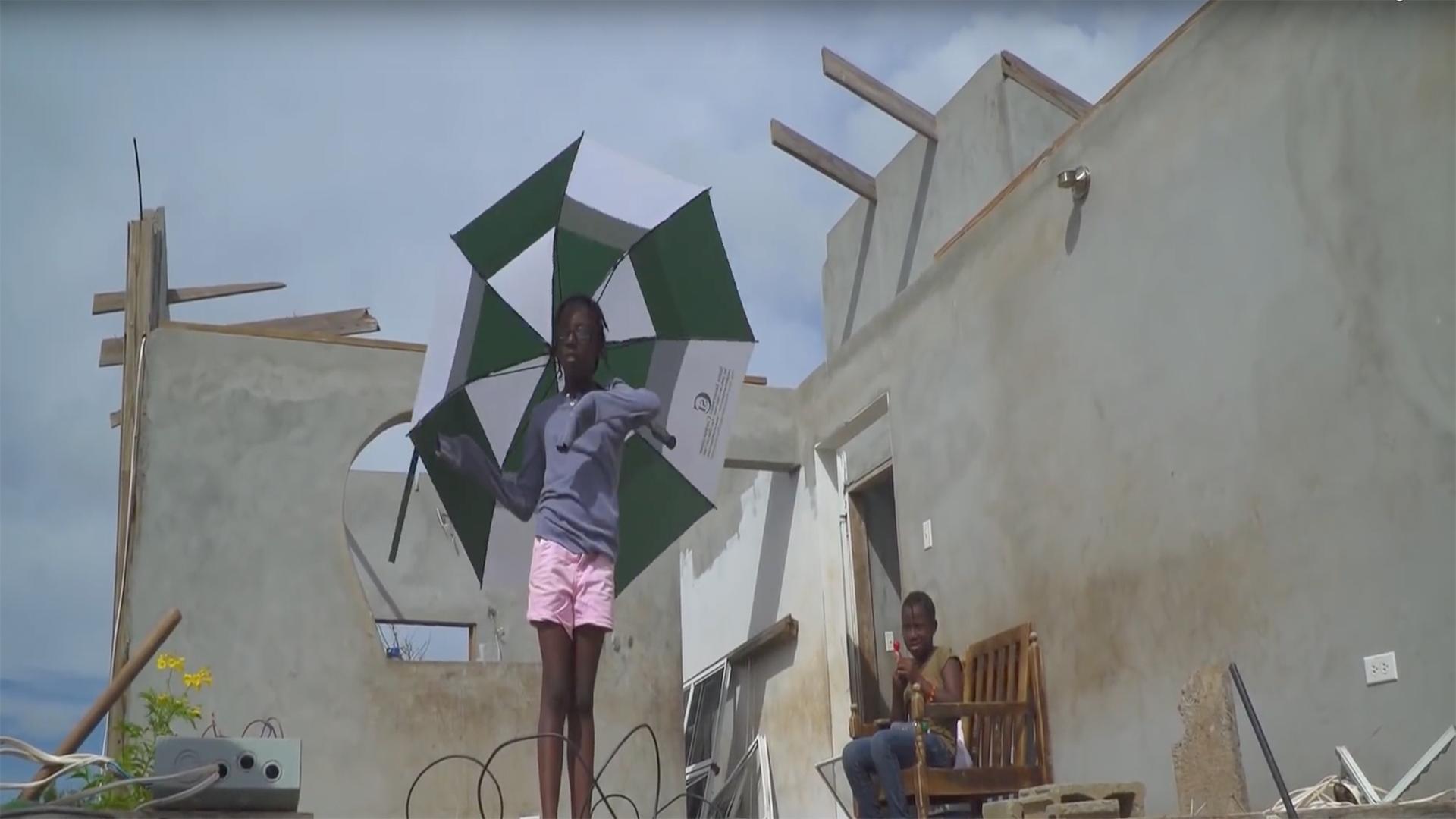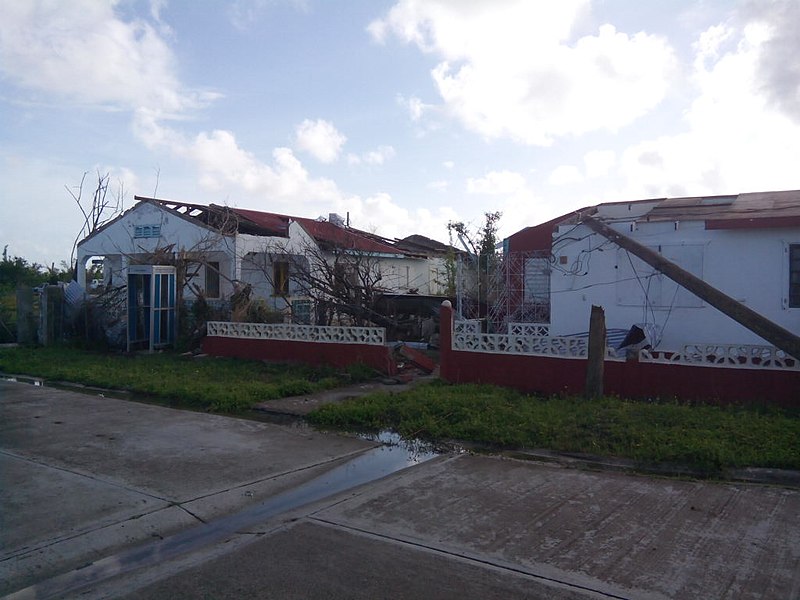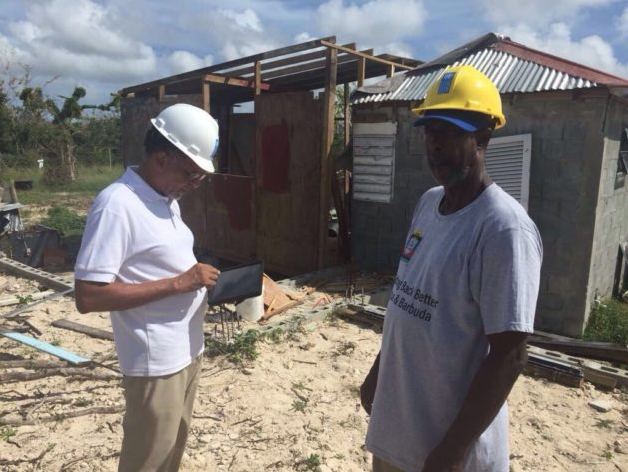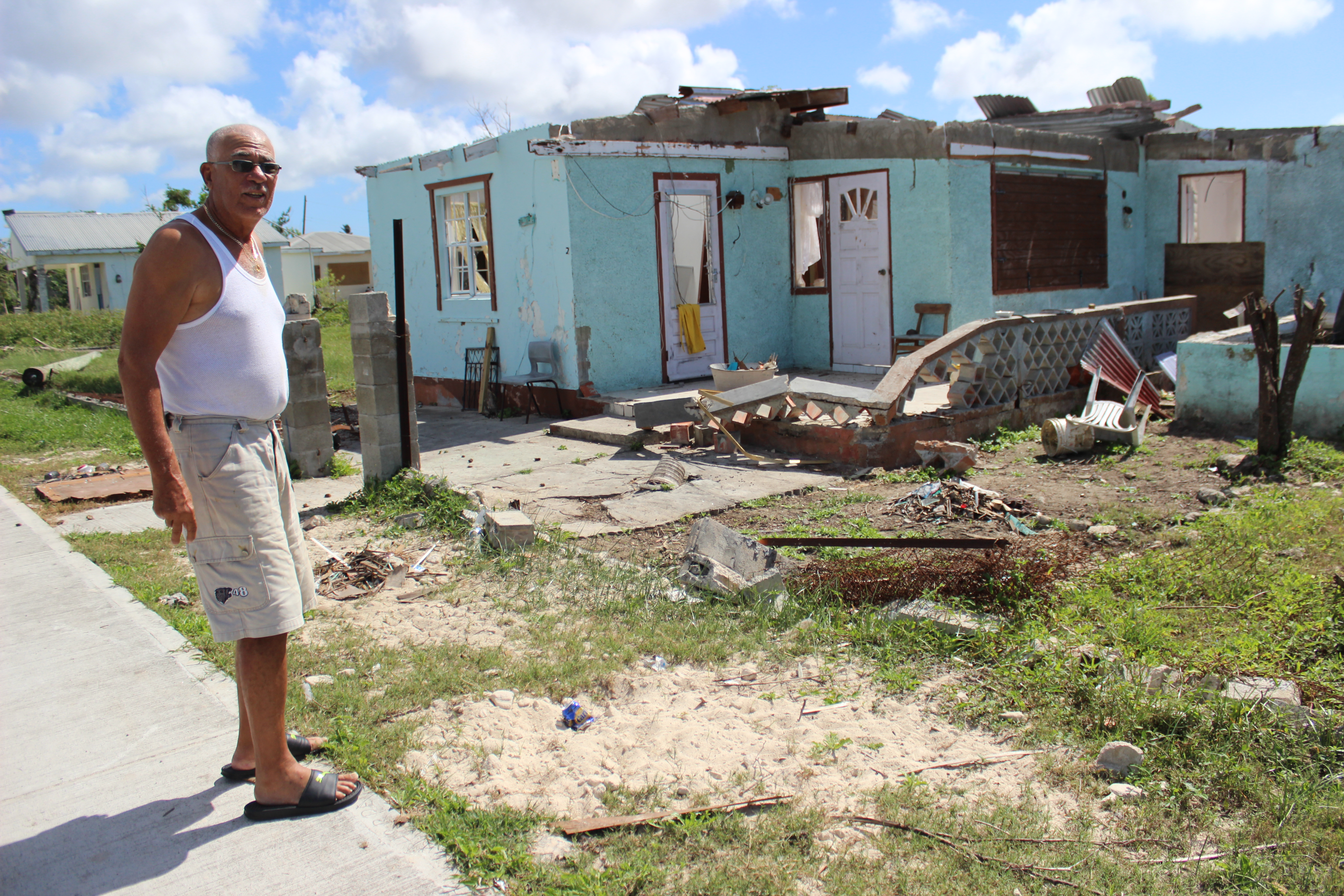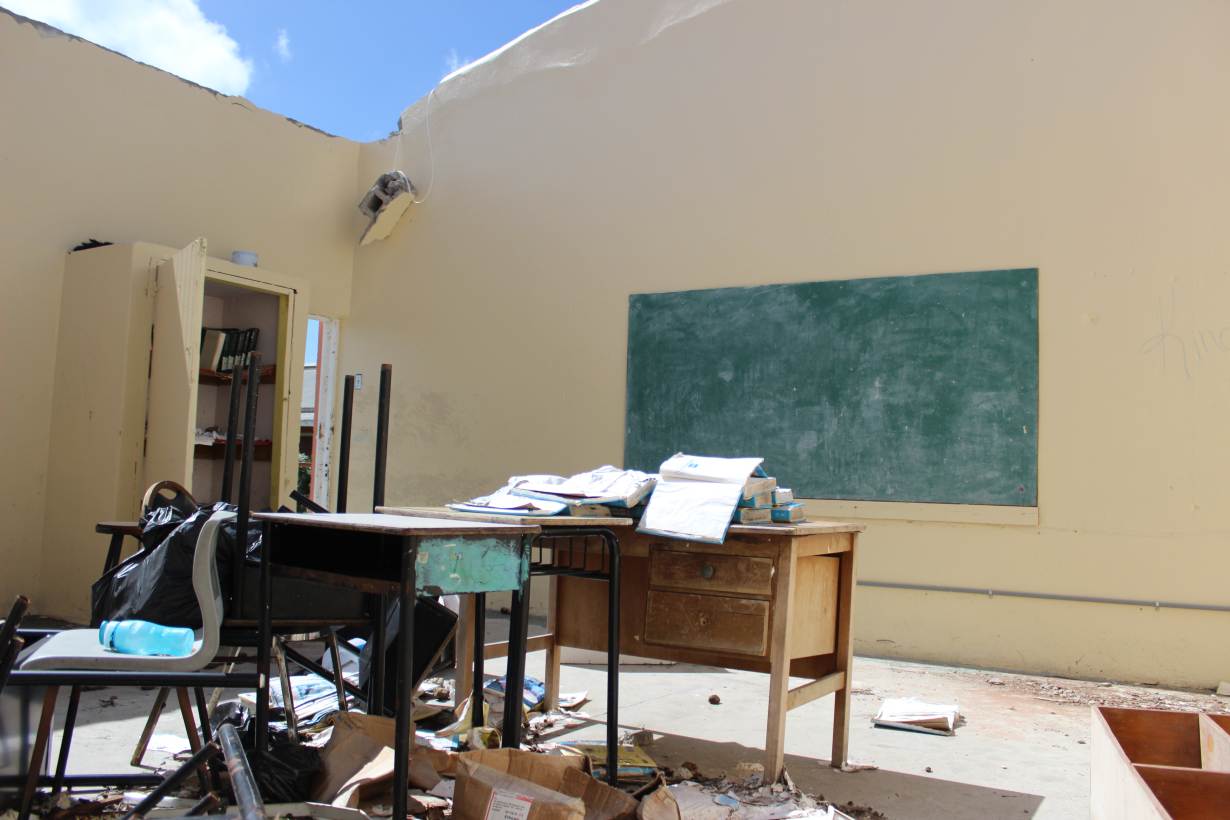
The land on Barbuda, one half of the twin-island nation Antigua and Barbuda, has been held in common by all Barbudans since the end of slavery. This customary collective land ownership evolved in response to Barbudans' post-emanicipation resistance to efforts to relocate them to neighboring Antigua. The arrangement was codified in law with the Barbuda Land Act of 2007. It has kept Barbuda from developing the mass tourism industry common in Antigua and much of the Caribbean.
In September, Hurricane Irma destroyed nearly every structure on Barbuda and all 1,800 residents were evacuated. As pledges of reconstruction aid poured in, Prime Minister Gaston Brown announced the end of collective landownership on Barbuda after a closed-door meeting. He claimed that private, freehold land ownership is the only way to secure financing to rebuild Barbuda because collective ownership scares away foreign investors.
Barbudans dispute this notion, as the 2007 law explicitly grants the democratically elected Barbuda Council the right to allow leases for foreign real estate investment. That relationship was tested two years ago when the Antiguan parliament passed special legislation to greenlight a Robert De Niro-backed $250 million, 391-acre resort on Barbuda over the wishes of the Barbuda Council. Critics see the government's move last month as using the hurricane evacuation as cover to eliminate collective ownership once and for all.

